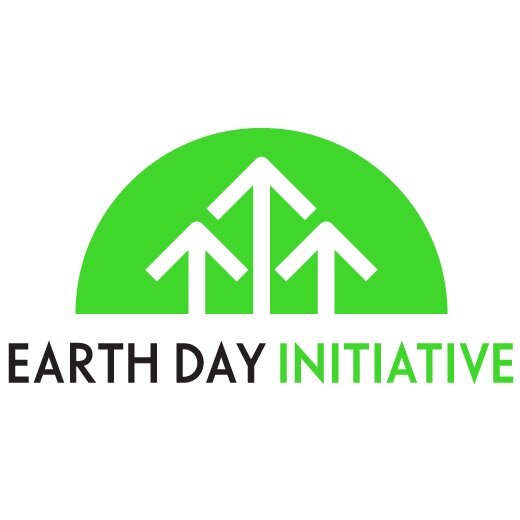An article in The Washington Post is convincing readers that pesticide residues pose no risk, but it's a bit more complicated than that.
The Environmental Working Group keeps a “Dirty Dozen” list, which identifies the top 12 fruits and vegetables with the highest amount of pesticide residues. The goal of the list is to educate consumers about what they are putting into their bodies, and to encourage them to purchase organic versions of these crops. However, according to this article in The Washington Post, the list actually discourages people from buying fruits and vegetables all together.
A study performed by The Illinois Institute of Technology, where 500 low-income Chicago residents were surveyed on their organic/non-organic buying habits, found that upon learning about the “Dirty Dozen” list, consumers were less likely to buy any fruits and vegetables at all, regardless of their status on the list.
Toxicologist Carl K. Winter says that consumers should not be wary about eating non-organic foods. According to Winter, the pesticide residues on these fruits and vegetables “pose no risk to consumers,” because “actual exposure levels are typically millions of times lower than those that are of health concern.” (There are many scientists and professionals that would disagree with this, but for the purposes of this blog post, we will assume that Winter is correct.)
In a nutshell, this article is saying that since there are nearly-zero health effects from pesticide residues, it is not necessary to buy organic produce. That’s worthy information to share with the public, but it ignores an important entity that does face true risks from pesticide usage: the environment.
When conventional farms use pesticides, they are contributing to the pollution of our air and water systems, diminishing biodiversity, and destroying soil health. On the other hand, organic farms do the opposite - they deter pests without using synthetic chemicals. This, along with other organic farming practices, can help to cleanse the environment of pollutants, improve biodiversity, and increase soil organic matter. Organic farms become living ecosystems, whereas conventional farms have one goal: produce, produce, and produce.
Although this article makes some valid points, it does a disservice to its readers by painting the picture that we shouldn’t bother with buying organic food. Yes, you can be healthy without eating organic - this is something that we stress to our Gotham Grazer students all the time. But in order to eat healthy and protect the planet, buying organic food is going to be necessary.
